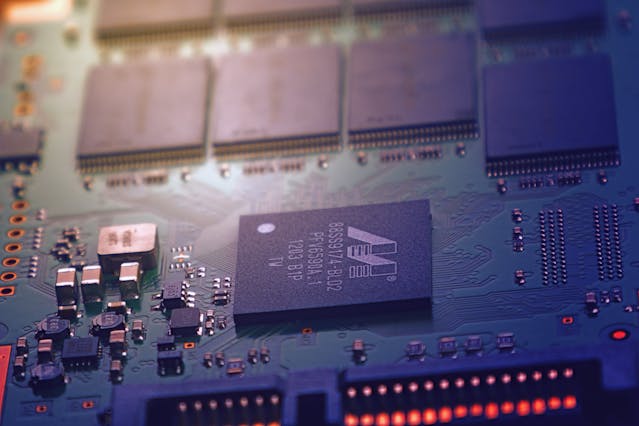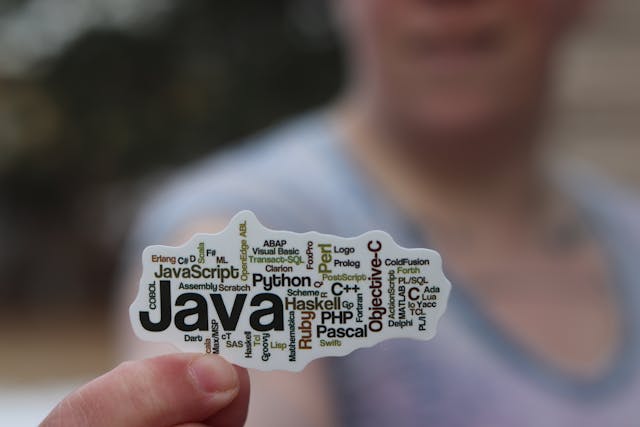Myths About Technology that You Should Stop Believing
Technology is getting better every year that passes by. But only a few people know of its improvements. Unfortunately, this can lead many to believe in myths, especially those disproven a long time ago.
Although many of the current generations are more tech-savvy than ever, a decent chunk of its population still believes in various technology myths. Disproving these myths is essential because it can mean the life or death of many devices. In this article, we will explore multiple tech myths and disprove them once and for all.
Table of Contents
Megapixels and Quality
As more smartphones start to boast about increasing megapixels in every release, more people begin to think it’s a good thing. But the reality is that more megapixels don’t necessarily mean better quality.
You can have a smartphone that boasts 2,000 megapixels and still take bad photos. Experts believe this myth costs people a lot of their hard-earned money because many consumers nowadays rely so much on a camera or a phone to make informed decisions about their purchase. The only that more megapixels can help you out with is the quality of big photos, such as for posters, but that’s all.
Bigger Batteries Equal More Battery Life
This is an outright lie. Bigger batteries don’t necessarily mean that you can get more battery life out of your phone. Many smartphones sport the same big batteries but only have a day of battery life.
Essentially, what determines your phone’s battery life is how much you use it and how much power-intensive programs you use. If you play with your smartphone every day, bring a power bank with you because you will need to charge your phone at some point.
Overclocking
Overclocking is something that many PC enthusiasts are doing nowadays. However, there is a growing myth that all good gaming computers should always be overclocked. This is just not true at all.
If you own a gaming PC, especially a high-end one, you’d probably notice its inherent efficiency, and that’s without overclocking. These kinds of computers are already ahead of their curve and don’t necessarily need overclocking. But there’s a growing obsession with overclocking, and many believe it’s a rite of initiation into the community. Many push their thousands-dollar rig to its limits.
High-end PCs do not need overclocking. We’re sure this will trigger many PC enthusiasts, but the reality is that overclocking isn’t even required anymore. As PCs start to become more technologically advanced, they also become more efficient. As a result, the performance value you get out of overclocking isn’t as good anymore, and you’re better off using your computer generally than risking it burning itself down through overclocking.
Furthermore, overclocking is known to be costly. You’ll have to invest hundreds of dollars into a sophisticated cooler. Although it’s pretty good to have an expensive cooler with your PC, it’s just too much money to spend on. Overclocking is also known to increase your electricity bill, especially for high-end PCs, for you to get that 5% increase in performance. Overall, overclocking is not as good as it used to be anymore, and you’re better off using your computer normally.
Virus Equals Performance Issues
Many people believe that viruses cause performance issues in your computer. However, this isn’t always the case.
There are certain situations when viruses can cause performance issues in your computer, especially if that’s what the virus is made for. But this shouldn’t be your only benchmark for identifying viruses. Some computer and smartphone viruses are meant to change your device’s configuration, like its security settings. In contrast, others are meant to stay invisible until you run an anti-virus program.
So make sure to run a scan at least every three months to have a look if you’re storing a virus in your device. This should keep your device safe from malware attacks.
Shut Down Doesn’t Mean Fully Shutting Down in Windows 10
This sounds weird but bears with us. When you shut down your computer, especially in an OS like Windows 10, it doesn’t entirely shut everything down. The main reason behind all this is because of OS’ fast reboot program, which means that it has to hibernate some processes so that it won’t take so long to boot the next time you turn your computer on.
If you’re experiencing some performance issues, shutting your computer down might not be the best solution. Experts suggest doing a restart instead. Unlike the shutdown command, restart turns everything off and does not merely go into hibernation. So make sure to restart your computer a couple of times a week to ensure that it’s running optimally.
So here are just some of the technology myths you should stop believing in. By disproving these myths, we think that you can make more informed decisions about your purchase or even increase your device’s lifespan. So make sure you tell your friends as well because you never know, it might save their device in the future.









